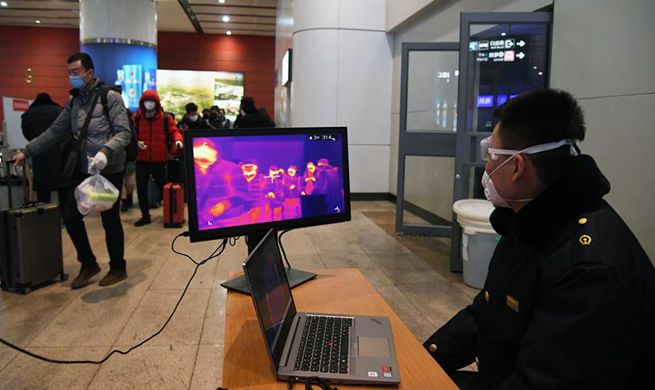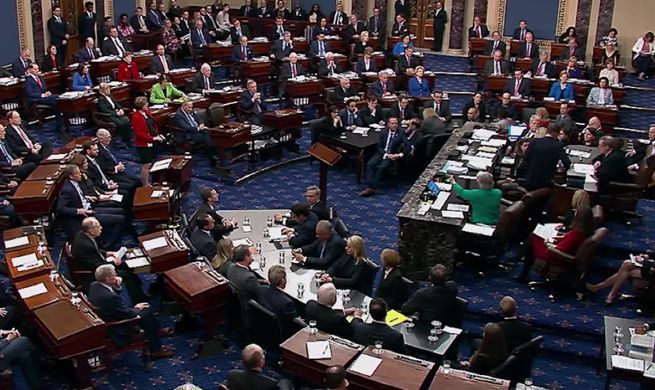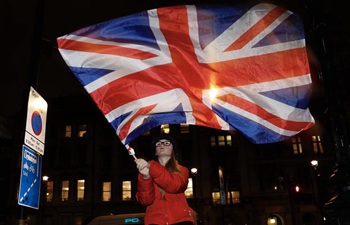CHICAGO, Feb. 6 (Xinhua) -- Focusing on the neutral details of a disturbing scene can weaken a person's later memories and negative impressions of the scene, a study posted on the website of the University of Illinois (UI) on Wednesday finds.
In the study, 19 participants had their brains scanned while they looked at photos with negative or neutral content, say a bloody face or a tree superimposed on a neutral background. Functional MRI signaled which brain areas were activated during the task. An eye-tracker recorded where participants looked.
Before each photo, participants were asked to focus their attention either on the foreground or on the background of the image. After viewing it for four seconds, they rated how negatively the photo made them feel by not at all, very, or somewhere in between.
Participants returned to lab three to five days later to view the same photos, and a few new ones. They were asked to indicate whether the images were entirely new; familiar, but with no remembered specifics; or recollected in more detail.
When they focused on the foreground of photos with negative content, participants rated the photos as more negative. When they focused instead on the neutral backgrounds of photos with negative content, they still evaluated the photos as negative, but rated them less negatively. They also retained fewer detailed memories of the negative photos a few days later, the researchers found.
The fMRI scans revealed that brain regions known to be associated with emotional memory formation were most active when participants focused on the foregrounds of negative photos. Brain activity differed, however, when participants focused on the backgrounds of negative images.
"The background-focus condition was associated with decreased activity in the amygdala, hippocampus and anterior parahippocampal gyrus," the researchers wrote. These brain regions play a role in encoding memory and processing emotional information. A statistical analysis "also showed that reduced activity in these regions predicted greater reduction in emotional recollection."
"This is the first example that we know of that focusing on the context of an emotional event while it is occurring can directly influence memory formation in the moment - and one's recall of the event a few days later," said UI psychology professor Sanda Dolcos.
The findings could lead to the development of methods to increase psychological resilience in people who are likely to experience traumatic events - like soldiers, police officers or firefighters. Those plagued by depression or anxiety might also benefit from this kind of strategy, the researchers said.
The findings have been published in the journal Neuropsychologia.













